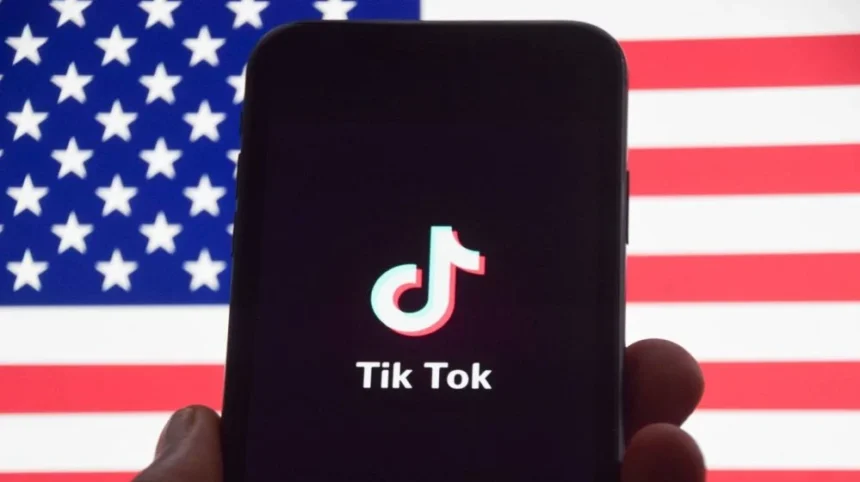The U.S. Supreme Court unanimously ruled on Friday that the controversial TikTok ban, set to take effect this weekend, does not violate the First Amendment. This decision follows claims from TikTok’s owners that the ban infringes on free speech rights.
The Court’s ruling, reported by CNN, clears the way for the ban to begin on Sunday, citing national security concerns raised by the Biden administration regarding TikTok’s ties to China.
Legal and National Security Implications
The Supreme Court acknowledged TikTok’s significant role for 170 million Americans as a platform for expression, engagement, and communication. However, it emphasized Congress’s focus on national security concerns as the primary factor in the decision.
“Congress determined that divestment is necessary to address documented national security concerns related to TikTok’s data collection practices,” the Court stated, according to N1.
Trump’s Role in the Final Decision
Despite the Court’s ruling, former President Donald Trump, who has expressed skepticism about TikTok in the past, hinted that the ultimate decision on the ban’s implementation rests with him.
“It all comes down to me, so you’ll see what I decide,” Trump told a CNN reporter.
When asked if he might reverse the ban, Trump reiterated, “I will make the decision.” He also confirmed a recent conversation with Chinese President Xi Jinping, describing it as a “great discussion about TikTok and many other topics.”
Challenges Ahead
As the ban approaches, questions remain about its practical implementation. The U.S. government has no precedent for blocking a major social media platform, raising concerns about the logistics and broader implications of such a move.
The decision reflects ongoing tensions between the U.S. and China, with TikTok at the center of debates over data privacy, cybersecurity, and international influence.







